People constantly ask me why I don’t use a more “flamenco” stage name. In fact, just the other day, while handing a supporter and friend a flyer for an upcoming show, she asked when I was going to use something more flamenco than “Blumenfeld.” Even my own father has asked me countless times why I don’t use a stage name! I agree, Blumenfeld does not sound at all Spanish, or flamenco, for that matter. (Though Spaniards seem to have a much easier time pronouncing and spelling my name correctly than Americans.)
I would probably attract a larger audience if I used a Spanish name. Those not familiar with my work or flamenco assume that someone with a Spanish name will be more ‘authentic,’ that is, if they even know flamenco comes from Spain. A Spanish name might add to the exoticism that often helps flamenco attract an audience outside its niche group of aficionados.
Every full-length performance I have choreographed and produced has a Spanish title. It’s a Spanish art form, the lyrics are in Spanish, so I usually create a title in its language. So why not give myself a Spanish name? Because I believe flamenco is about being true to who you are. I was initially enamored of flamenco dance because it allowed me to freely express myself in a way ballet could not. “Flamenco is a personal (individual) art form, and for that reason there will always be as many interpretations of it as there are people practicing it.” (Niurca Marquez, “Y Para Rematar” Flamenco on the Global Stage, 2015).
I am not pretending to be Spanish. Countless times after a performance or gig, an audience member has asked me if I am Spanish. When I reply no, I’m from the U.S., they often seemed stunned, sometimes more impressed and sometimes disappointed. I distinctly remember one time a man responded by commenting that what he had just seen was not authentic. Suddenly he valued less the performance he had enjoyed. And it’s not just foreigners that experience this. At Casa Patas (a world renowned flamenco tablao) in Madrid, after the performance I listened as a Spanish audience member questioned the dancer, from Barcelona, how it was possible that she could dance flamenco being that she was not from Andalucía. Her response: flamenco is universal. Olé to that!
The best argument I have heard for why I should take a Spanish name, came from a colleague as we signed our names on a poster for a venue where the company we danced with was performing. When one member commented that I really should use a Spanish name, the other colleague said it’s not that I would be pretending to be Spanish, but it would serve as a symbol that I have been accepted into the flamenco world. In regards to this, if someone gave me a sort of nickname, Alice “La Lo que sea,” Blumenfeld I would consider using that in my publicity. For now, that has yet to happen.
There is actually quite a lot of information on flamenco names, including extensive historical and scholarly writing on the topic. Even Spanish and Gypsy artists do not use their full names (both the mother and father’s name) and often use other names or nicknames. A starting place for anyone interested is Los nombre artísticos en el mundo del flamenco. El porqué del apodo flamenco y de los cambios de nombre by Manuel López Rodríguez.
As an American, my last name does not necessarily represent who I am. It represents one small part of my mixed lineage, but not even how my own family has evolved and changed as Americans, so why am I attached to it? Simply put, it is my name. Now I could go into a long tangent about performativity and how re-naming myself opens a space for personal transformation, but I will leave that for another blog post.
I rather like Blumenfeld. It means flower field in German, it is rather uncommon, and has a distinct history from eastern Europe. As far as I know, or as far as Google informs me, only one other person in recent history, now deceased, had the exact same name (first and last).
All in all, I keep my name because I am not afraid to claim my American-ness. I am an American flamenco dancer. I have no need or desire to hide or cover that up. I’ve tirelessly studied, and continue, to deepen my knowledge of flamenco, including living in Spain and immersing myself into the culture that shapes flamenco. A name will not make me a better dancer–though perhaps it would give me more opportunities to perform and a larger income from ticket sales, but I am stubbornly not willing to sacrifice my honesty as a flamenco dancer.

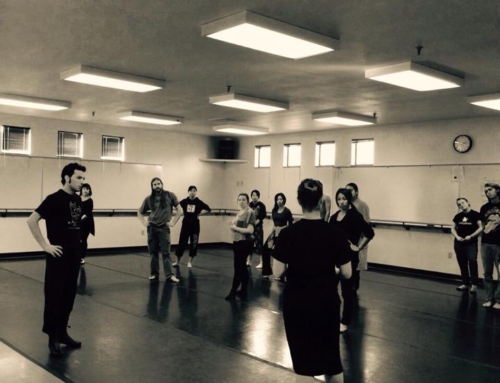
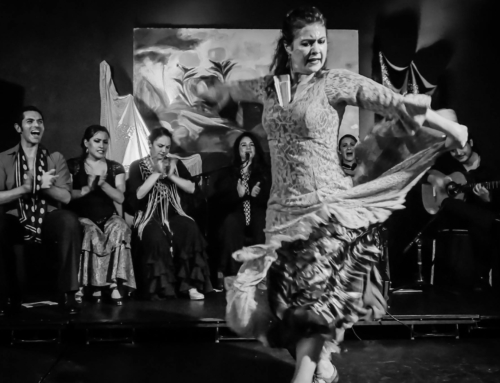
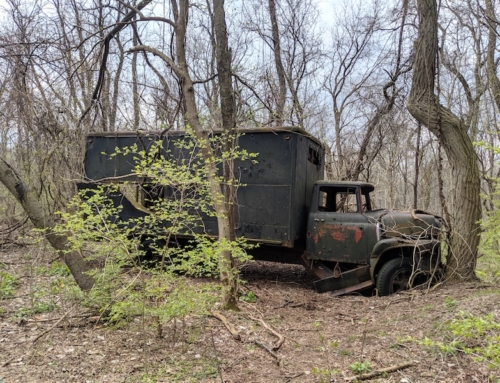

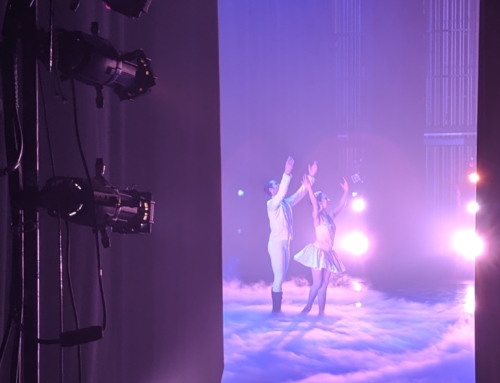
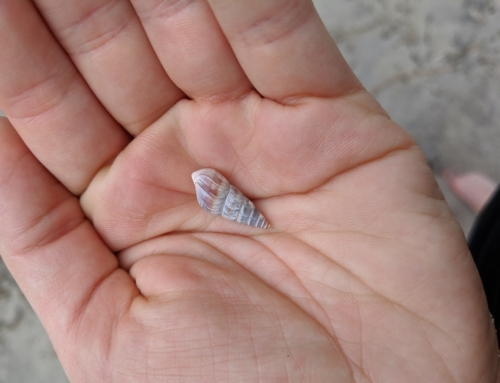
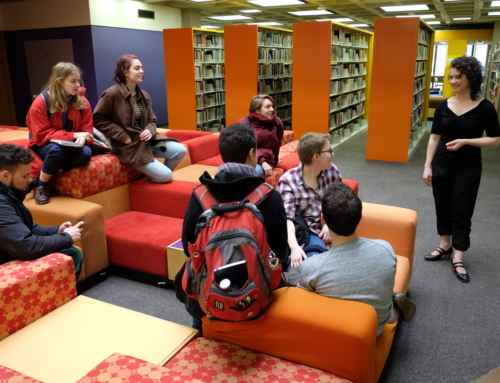
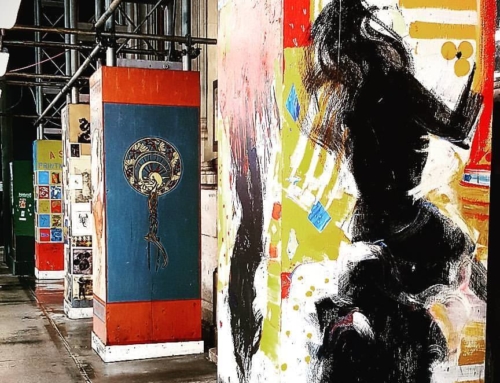
Leave A Comment